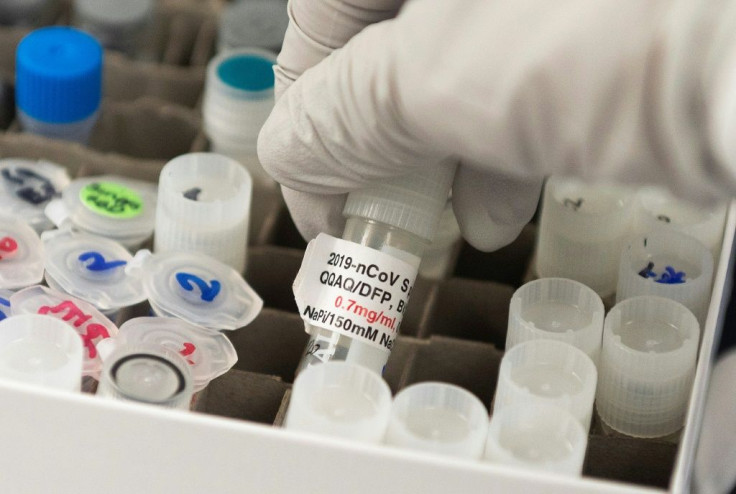Coronavirus Treatment: What To Know About Biotech Company Vaxart And Its Potential COVID-19 Vaccine

Before the pandemic, most healthcare investors had probably never heard of the vaccine biotech Vaxart (NASDAQ:VXRT). At the end of 2019, Vaxart's market cap was a minuscule $16.9 million, a far cry from the nearly $700 million it has reached today. Because of the pandemic, however, Vaxart's stock exploded overnight when its COVID-19 vaccine candidate showed early indications of effectiveness.
As perhaps the least developed company in the race for a COVID-19 vaccine, Vaxart is a compelling opportunity for investors, and given its string of vaccine development successes so far, there's plenty of time to invest for growth.
Oral vaccines seem to work well against the flu, but can Vaxart make them work for COVID-19?
For a biotech company, Vaxart's research and development (R&D) expenditures are fairly low, costing the company only $1.5 million in the first quarter of this year. Given the company's nearly $30 million in cash on hand, its $2.13 million in debt, and its trailing-12-month cash outflows of $11.6 million, Vaxart has more than enough money to continue developing its pipeline projects for the time being.
Since Vaxart doesn't have any products approved for sale and its trailing 12-month revenues are only $7.4 million, it shouldn't surprise investors if the company issues new stock or enters into licensing agreements with larger companies to keep the lights on. This will probably remain true even if its COVID-19 vaccine candidate shows promise.
As with all of its vaccines, Vaxart's COVID-19 vaccine candidate is an oral tablet, rather than an injectable liquid like many other common vaccines. Vaxart claims that its oral tablets have a number of advantages over injectable liquids, including greater environmental friendliness, a smaller logistical footprint for clinics, and most importantly, superior efficacy for droplet- or aerosol-based infectious diseases like COVID-19.
However, it's important to note that Vaxart's claim regarding its vaccine's superior efficacy is based on internal studies of its influenza vaccine, as well as head-to-head comparisons with market-leading influenza vaccines, not on any specific studies of its vaccine candidate for COVID-19.
Including its COVID-19 vaccine candidate, Vaxart has six prophylactic vaccines in development for infectious diseases, but none of the company's programs have advanced beyond phase 2 clinical trials so far. This means that the pace of COVID-19 vaccine development required to match the needs of the pandemic will likely be difficult for the relatively small and relatively new company to meet without help from collaborators.
Vaxart's new preclinical study could drive rapid growth
Vaxart is moving aggressively to secure outside help for its clinical development capabilities, with the company signing multiple agreements with contract vaccine component manufacturers over the past few months in addition to its late June induction into Operation Warp Speed (OWS), the U.S. government's vaccine accelerator program.
Vaxart's collaboration with OWS entails dosing non-human primate (NHP) subjects with the company's COVID-19 vaccine candidate, then testing their immunity by exposing them to the virus in a controlled setting. This will be the second immunity study in animal models for the company's COVID-19 vaccine; the first study reported favorable results in April, likely sparking the government's interest.
If the vaccinated animals don't test positive for COVID-19 after their intentional exposure, it will be the strongest validation of any COVID-19 vaccine produced by any company or group to date, and the company's clinical trials in humans will almost certainly be fast-tracked even more aggressively than before.
Needless to say, investors should expect the company's stock price to skyrocket once again if the animal study delivers favorable results. Keep a close eye on the company's press releases in August for updates on the study's progression. If the animal study doesn't pan out, don't give up on Vaxart -- its oral vaccine platform makes it an appealing collaborator for other vaccine developers, and it has a handful of other vaccines in the pipeline for future growth.
This article originally appeared in the Motley Fool. Alex Carchidi has no position in any of the stocks mentioned. The Motley Fool has no position in any of the stocks mentioned. The Motley Fool has a disclosure policy.





















